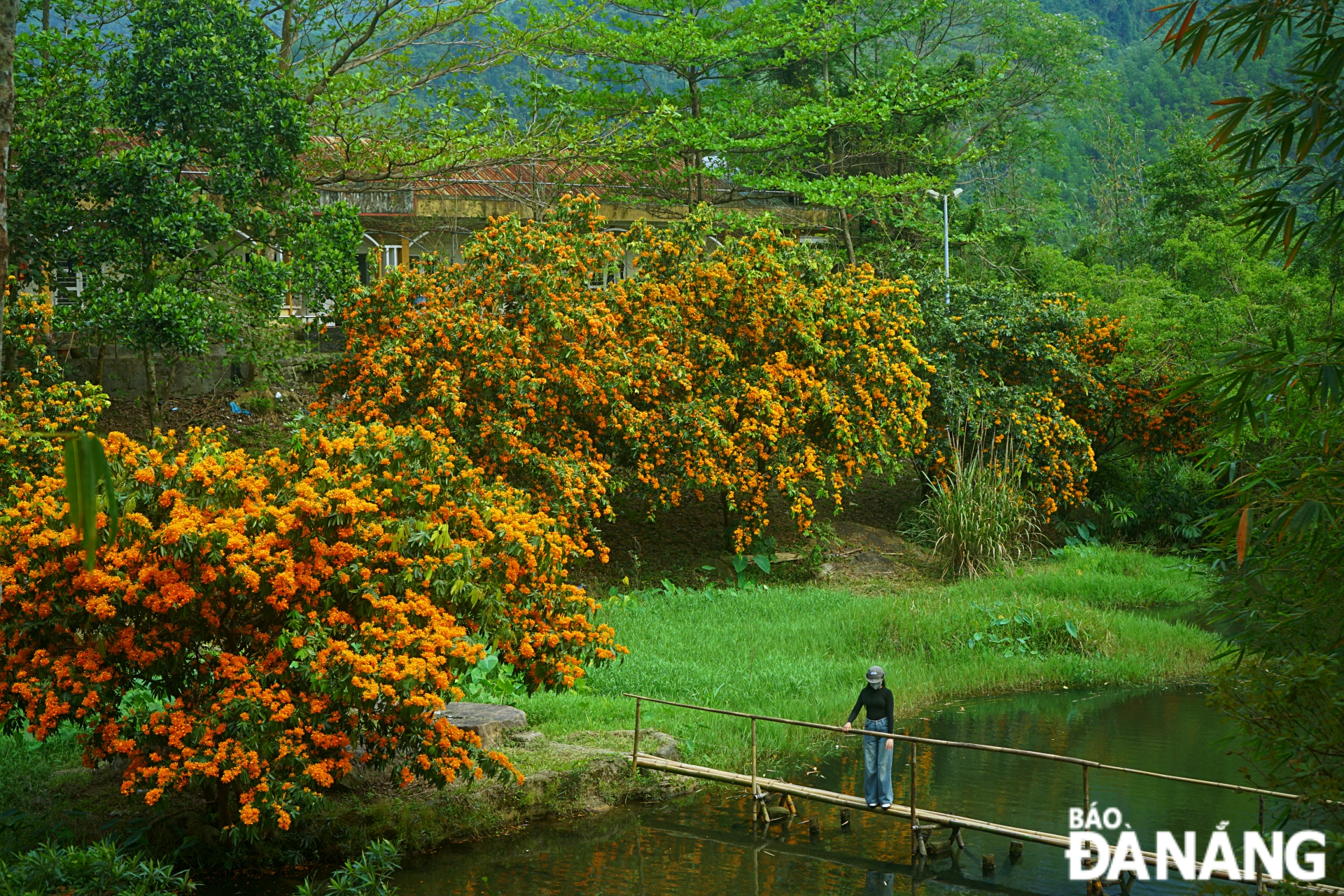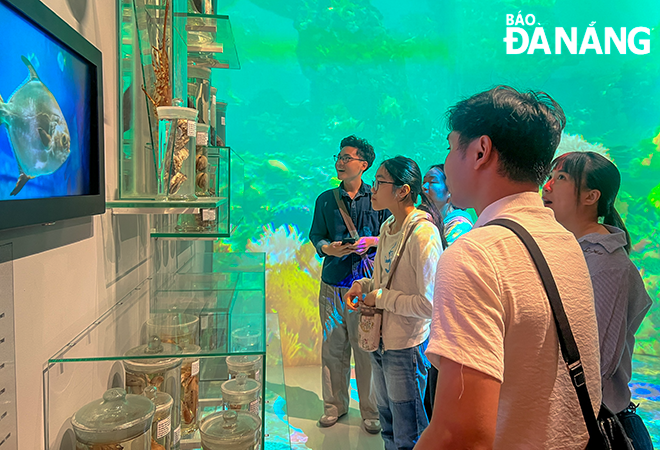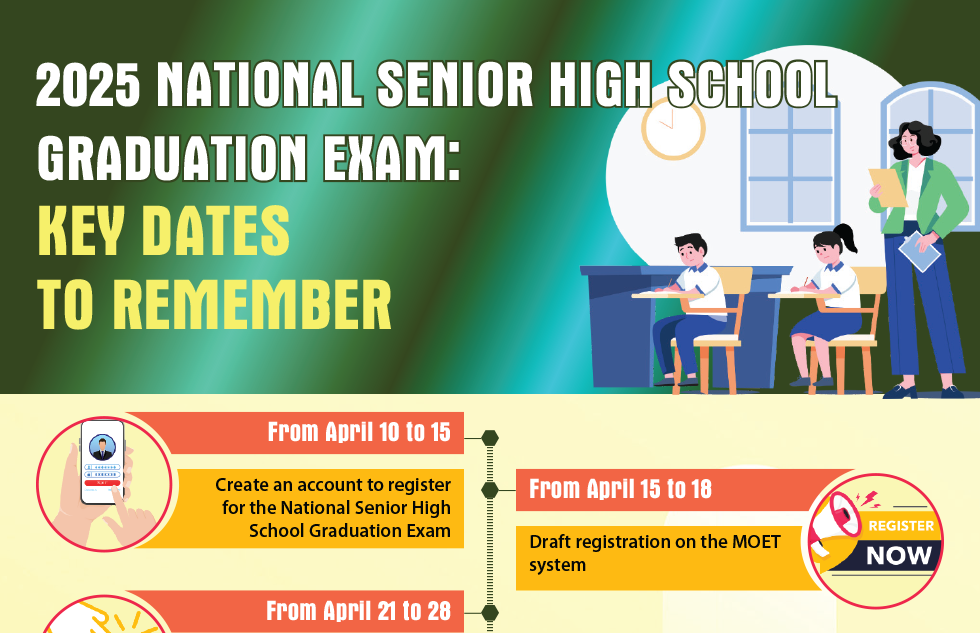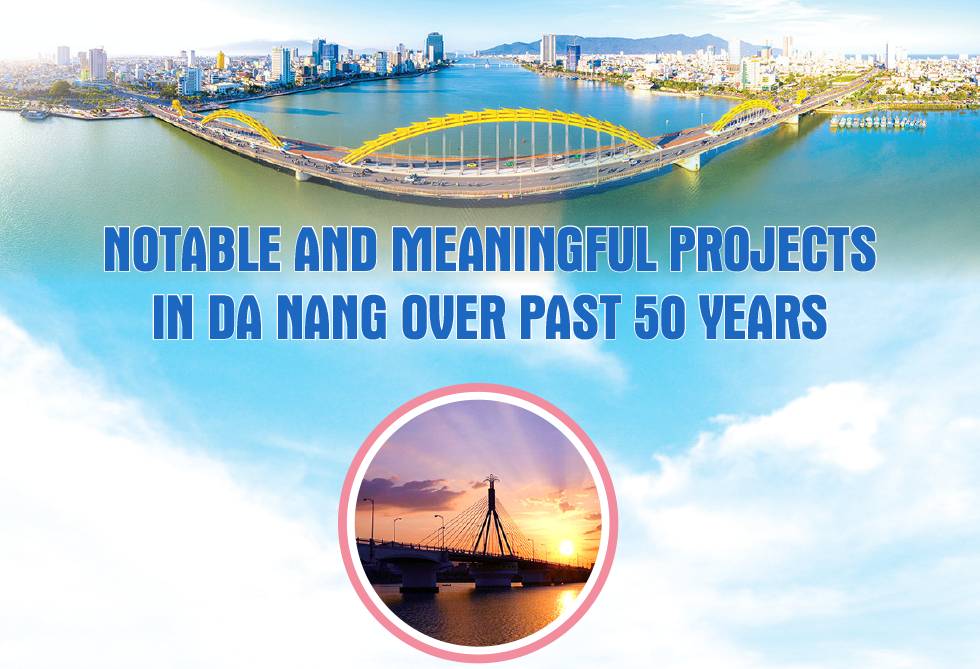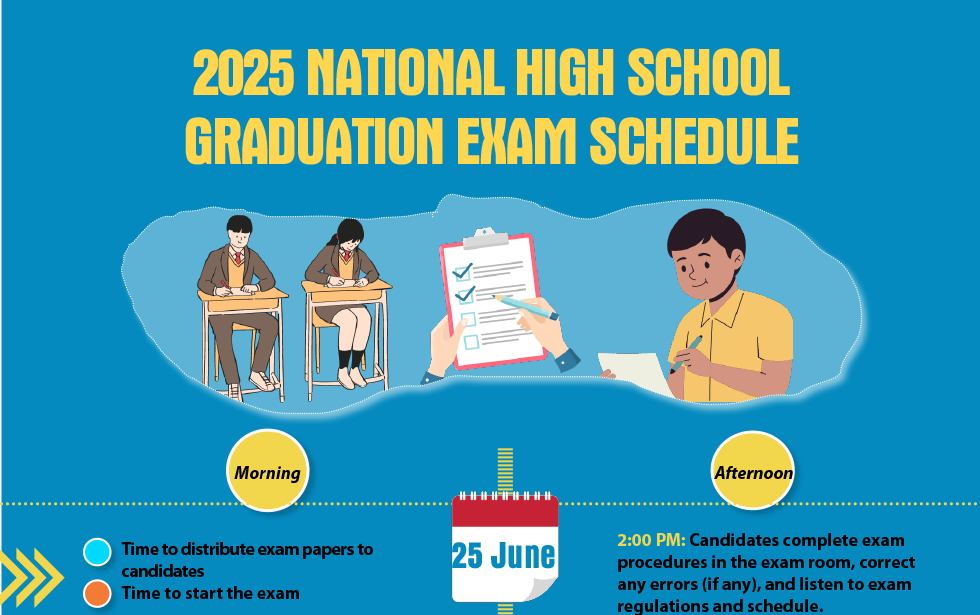The teacher
For many years, there has been an ongoing debate on forums about who is the subject of education—teachers or students. Those who favor the Western approach often assert that students are the central focus. Recently, however, among scholars of Western philosophy and culture, there has been a shift toward Eastern perspectives, which offer a broader and more holistic view in the concept of totality. This view emphasizes the harmony between the individual, family, and society, in accordance with the natural laws of the universe, without absolutizing any particular phenomenon.
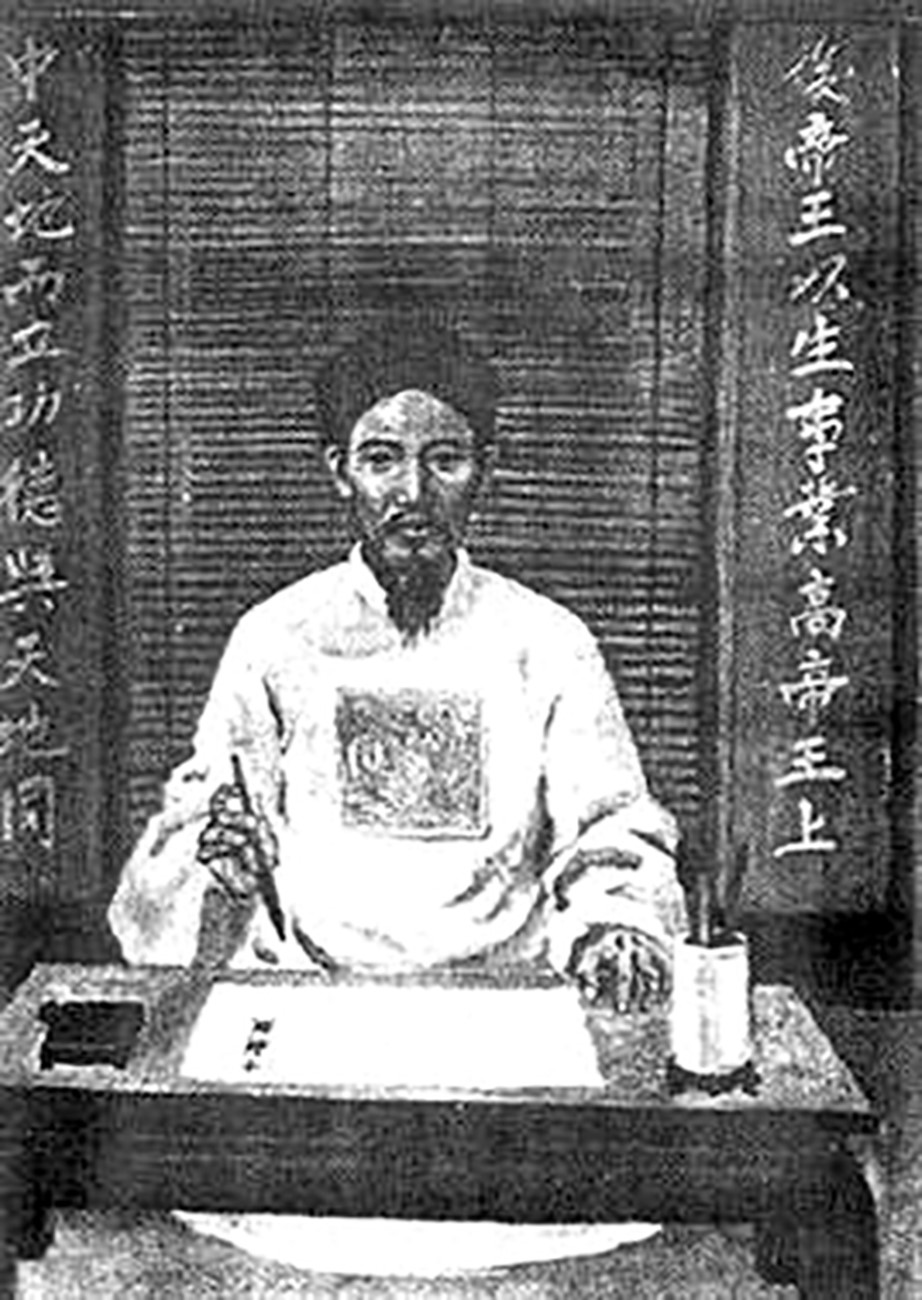 |
| Teacher Chu Văn An is celebrated for his significant contributions to the establishment of Vietnam's cultural heritage. Photo: Archive |
The same applies to education. Vietnam and the East possess superior educational philosophies and methods that we should thoroughly explore and inherit today. I would like to highlight a few key points.
Firstly, what to teach?
Traditional education prioritizes teaching individuals how to be good people before imparting knowledge. “First learn manners, then acquire knowledge”. At home, one must be filial to parents; in society, one must be harmonious with siblings. This aligns closely with President Ho Chi Minh’s thoughts on education and training revolutionary generations for the future. Among “the five things Uncle Ho taught children”, the first is: “Love your country, love your compatriots”.
Emphasizing the importance of character and the qualities of revolutionary cadres, he highlighted the four virtues of diligence, thrift, integrity, and righteousness. On February 18, 1958 (Lunar New Year’s Day of the Year of the Dog), during a visit to the Vietnam Residential Education Complex (which is now a part of Hanoi University of Science and Technology), he advised: “You must cultivate both virtue and talent. Without virtue, one is useless; without talent, one cannot succeed in anything”.
The traditional examination system was abolished in 1918. It has often been criticized as rote learning, and a formulaic approach filled with “chi hồ dã giả” clichés by later generations. In truth, students of the past were not only well-versed in the Four Books and Five Classics but also deeply knowledgeable about the works of a hundred schools and the histories of various lands. More importantly, they excelled in composing royal edicts, essays, poems, and especially "policy papers", which express social responsibility and strategies for governing the country. These policy papers are the basis for considering the first and second place in the royal examinations, indicating that education was closely tied to practical matters.
For this reason, people of the past studied arduously, and achieving academic honors was synonymous with genuine talent. As Ngo Tat To wrote in Leu chong: “Those who sat in the halls of power as the pillars of the state, and those who lived in seclusion, setting moral and cultural standards, all emerged from the ranks of the 'leu chong' (scholarly tents).”
Secondly, who teaches?
Education begins within the family and extended kinship. Just as the nation has its laws, the family has its rules. For a child, the first society they encounter is their family, and the first teachers are their parents and older siblings. Timeless principles passed down through generations include “A kind father begets a dutiful child”, “For men, loyalty and filial piety come first; for women, chastity and virtue are paramount”, and sayings like “Better clean in hunger than dirty in abundance” or “Even torn paper must retain its margins”.
The family shapes a child’s character, imparts foundational lessons, and regularly monitors their progress. Nowadays, however, modern parents who are overwhelmed by the demands of contemporary life, often delegate the task of educating their children entirely to schools. They believe that investing heavily in extra classes is the optimal solution. Meanwhile, some teachers view education merely as a service, a market-driven activity within the framework of a capitalist economy.
Traditional education places the teacher at the center, or as we might say today, as the "main subject". The teacher-student relationship is one of the three fundamental bonds of society (king and servant, teacher and student, parent and child). The teacher is revered as a father figure, even akin to a king. In this framework, the role of the teacher is considered sacred and noble.
Thirdly, what should we teach with?
Naturally, teaching involves imparting knowledge from books. However, traditional teachers often went beyond that. They would take their students on excursions to observe society, teaching them life skills, analytical thinking, and the ability to discern right from wrong, ensuring they remained grounded in moral principles and humanity. Teachers educate students with the love and care of a parent and by setting a personal example. The combination of love and role modeling is a unique strength of traditional Vietnamese education, which modern education systems should learn from and further cultivate.
Great teachers are individuals who has unblemished character, as pure as ice and snow, and a fatherly love for their students and knowledge as vast as the ocean. Teachers who are celebrated through the ages—such as Chu Van An, Nguyen Binh Khiem, Le Quy Don, Nguyen Huy Oanh, Nguyen Thiep, and Nguyen Dinh Chieu—embody these qualities. Their contributions have been monumental in shaping the rich cultural and intellectual heritage of Vietnam.
The same is true today. Teachers should be respected even more, as they are the ones who cultivate a highly skilled workforce capable of addressing increasingly challenging and complex historical demands. Teachers play a pivotal role in shaping Vietnam’s human and cultural resources, fostering and preserving the moral foundation of society.
We are approaching the 100th anniversary of the founding of the Democratic Republic of Vietnam, now the Socialist Republic of Vietnam. And we are reminded of President Ho Chi Minh’s words during the first school year of the new regime: "Whether Vietnam's mountains and rivers become beautiful or not, whether the Vietnamese people can step up to the stage of glory to stand shoulder to shoulder with the great powers of the five continents or not, depends largely on your studies".
Equally, we deeply understand that the progress of students in their studies and their potential to become the pillars of the nation in the future depends significantly on the dedication and guidance of their teachers!
Reporting by Dr. NGUYEN SI DAI, Former Deputy Director of Nhan Dan Newspaper
Translating by HONG VAN


